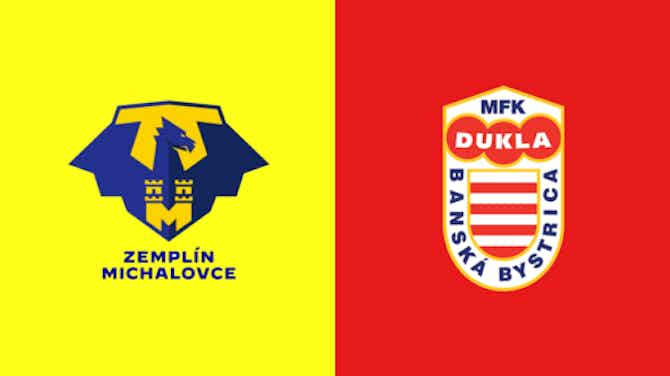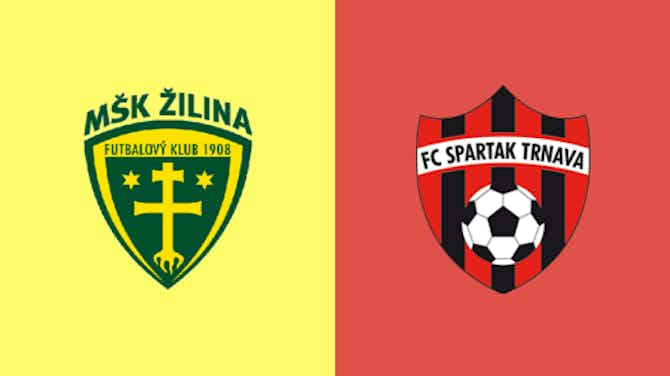OneFootball
Lewis Ambrose·23 November 2018
Sergio Ramos 'failed' Champions League final doping test

OneFootball
Lewis Ambrose·23 November 2018

Football Leaks have claimed that Sergio Ramos failed a doping test immediately after the 2017 Champions League final.
The Real Madrid defender was selected for a random test after Real Madrid’s 3-1 defeat of Juventus in Cardiff.
A month on from the final, the latest revelations released by Der Spiegel say Uefa received a report on the tests carried out after the game and samples provided by Ramos contained traces of banned substance dexamethasone.
The steroid hormone is used as a pain relief and an anti-inflammatory but is also known to increase cognition and concentration. The World Anti-Doping Agency list dexamethasone as a banned substance.
The player was reportedly contacted by Uefa’s anti-doping team for an explanation and responded with a four line statement.
Ramos said that he was treated by the Real Madrid doctor the day before the game, with an attached medical report detailing the procedures.

“I hope this fully clarifies the situation,” Ramos ended his statement.
As long as the use of dexamethasone is reported before games, the hormone is allowed to be used. However, doping is suspected if the doctor fails to report it prior to competition.
The medical report submitted by Real Madrid doctor, referred to by Der Spiegel as Dr. A., contains no mention of dexamethasone. It does, however, say Ramos was injected with Celestone Chronodose to help with “chronic pathologies” in his left knee and left shoulder.

Dr. A. explained the “euphoria” of winning the Champions League final led to him noting down the wrong information. He referred to the mistake as “understandable” and a “human error”, which Uefa considered a sufficient response.
An expert hired by the governing body of European football confirmed two injections of dexamethasone would produce the rough equivalent of the dexamethasone concentration found in the sample of the player’s urine, leading Uefa to the conclusion that it was “very likely” that the ‘failed’ test was merely the result of an administrative error.
The case was then closed.
Real Madrid have issued the following statement in response to reports:
With regards to the reports published by Der Spiegel in relation to our captain, Sergio Ramos, the club wishes to express the following:
1. Sergio Ramos has never breached anti-doping regulations.
2. UEFA requested specific information and immediately closed the case referred to, as is customary in such instances, following tests carried out by experts from the World Anti-Doping Association (WADA) and UEFA itself.
3. In terms of the rest of the content published by the aforementioned publication, the club will not be making any comment, given the clearly insubstantial nature of the reports.






























































